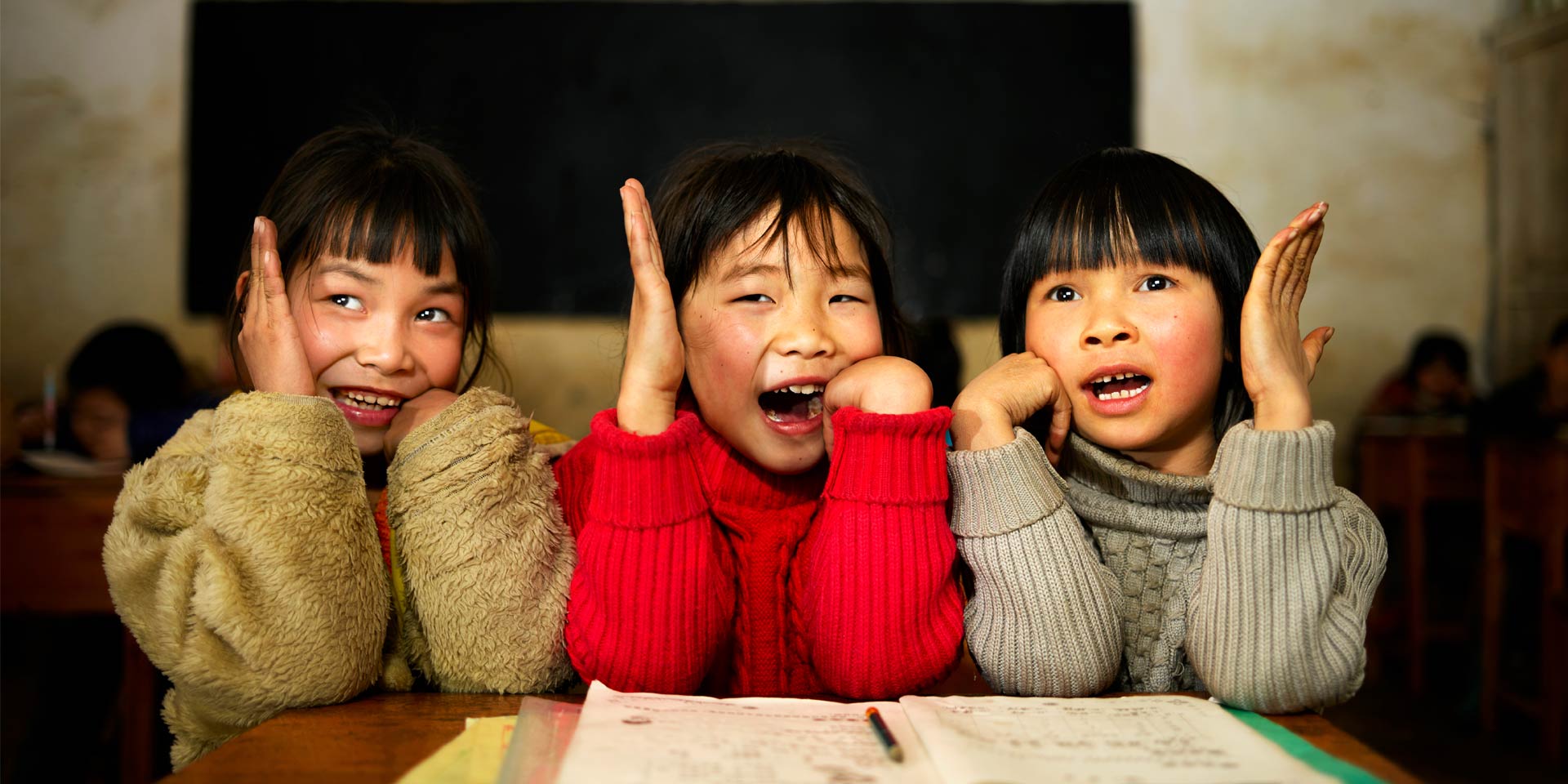Any sacrifice is hard to understand from the outside. But it’s even harder to understand how sacrifice can be a choice that brings joy to the person making it. The easiest people to include in this category are, of course, mothers. For them, the sacrifices never seem too many or too hard. Even more amazing are those mothers who raise other people’s unwanted children and love them as much as their own. One such woman is Lou Xiaoying, a simple woman from China who chose to rescue what others had abandoned.
Lou and her husband, Li Zin, had always made a living from recycling rubbish, and life was never easy for them. From dawn to dusk, they scoured the streets of Zhejiang province, a rural area in eastern China, looking for garbage to sell. It was in 1972 that Lou first found something in the dumpsters that certainly didn’t belong there: a little girl. She was just sitting there, on top of the rubbish, abandoned.
Lou couldn’t let her die, so she took her home. It wasn’t easy for her to raise her, but the joy outweighed the difficulties. She found that she loved looking after children. And because she loved them, she didn’t want to stop with just one.
In 1979, the Chinese state passed a law that radically changed the lives of Lou, Li Zin, and millions of Chinese. To limit population growth, the state banned families from having more than one child. Over the years, although the law had many exceptions, such as allowing a second child if the first was a girl—as was the case in almost half of Chinese families—the impact was devastating. It is estimated that more than 400 million births have been prevented as a result of the policy, while the number of children killed or abandoned is under-reported.
Lou also found other children in the rubbish. It was hard for her to understand how anyone could do such a thing, but she chose not to judge. She took them home and raised them as best she could, despite her poverty. Most of the children were girls, abandoned by their parents for the chance of an heir. In the meantime, Lou had a daughter of her own and the house, tiny as it was, became too small.
By the time she reached her fourth rescued child, Lou realised she could no longer raise all the children she would find. So she turned to the people she knew in the community, people who, like her, couldn’t treat life like garbage.
Over time, the number of children found in the rubbish grew, but Lou never considered leaving them there. “I realised if we had strength enough to collect garbage how could we not recycle something as important as human lives?” That thought helped her save more than 30 children over four decades.
Lou’s story didn’t come to light until late in her life, in 2012, when one of her adopted daughters wrote to a newspaper. Zhang Juju, her 33-year-old daughter, wrote to journalists asking for financial help to pay for her mother’s hospitalisation. Lou was 88, her kidneys and heart were failing, and treatment was far too expensive for her limited income.
Journalists found Lou in her hospital bed, helped by her daughters and grandchildren. Among them was Zhang Qilin, a seven-year-old boy, the last one Lou had managed to save. She was 82 when she found him, also in the garbage, because the woman was still recycling to survive. Although her husband had died ten years earlier and she was struggling to look after herself, Lou couldn’t leave the boy there. “He looked so sweet and so needy. I had to take him home with me.” She gave him a name that means “rare and precious” in Chinese.
From her hospital bed, her thoughts turned to her little adopted son, for whom she was trying to raise money to send him to school. She hadn’t been able to give her first three daughters that chance, but she had worked hard to keep the last two in high school. Lou’s dying wish was for Zhang Qilin to go to school too. “I don’t have many days left [but] what I want to see most of all is for…[him] to go to school. That way, even after I am gone, there will be no regrets left in my life,” she said.
As expected, Lou’s story touched many Chinese people. In fact, it went around the world. Her wish was granted by people who donated for Zhang’s education and her hospital bills.
What’s more, her example inspired others to carry on her life’s work in modern China, where stories like the children rescued by Lou are far from unique. As she used to say, “These children need love and care. They are all precious human lives.”



















